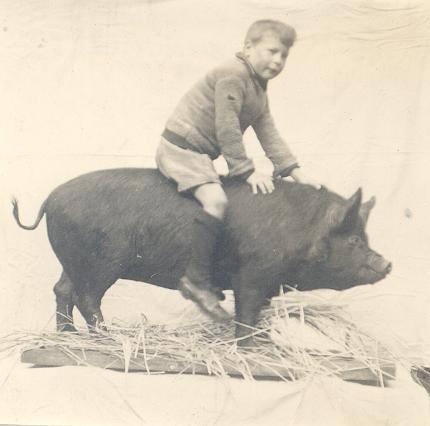 My goal right here is to provide an overview of the hazards inherent in deploying wi-fi technology in faculties.
My goal right here is to provide an overview of the hazards inherent in deploying wi-fi technology in faculties.
Postman’s description of schooling and learning is what we can say is an analogical description of what we used to know as education, and then he asks questions as to how should the brand new technologies and their gadget are altering our methods of understanding the way to train the old fashioned simply, and what should be the brand new ways of executing pedagogy be like in the technological age. In a short manner, we’ll have a look at the varied gadgets which are seemingly instructors of the longer term in school, as famous above in the Hub.
The federal Department of Education assumes 4 new major duties that it did not have before: 1) set minimal the curricula with alternatives, 2) set the minimal academic requirements, three) set minimal infrastructure … Read more
 Life is created and born every day. Watching this DVD makes an incredible household exercise, however it will even be an amazing video to indicate in lecture rooms. There is a 4-web page free downloadable teaching guide available on-line at no cost. It is advisable for fogeys to observe the video along with their children and to be prepared to answer totally different questions that will come up, resembling questions related to religions, race, poverty, and so on. The cartoon illustrates the concepts of tolerance, acceptance, gratitude and humanity and it’ll in all probability provoke an essential family dialog about the world we stay in. For example, the closing assertion in the part on world religions (that each one religions are at their core the same) could also be fairly surprising and disagreeable to some faith followers. Anyway, the creators of the DVD are clearly in favor of peace throughout …
Life is created and born every day. Watching this DVD makes an incredible household exercise, however it will even be an amazing video to indicate in lecture rooms. There is a 4-web page free downloadable teaching guide available on-line at no cost. It is advisable for fogeys to observe the video along with their children and to be prepared to answer totally different questions that will come up, resembling questions related to religions, race, poverty, and so on. The cartoon illustrates the concepts of tolerance, acceptance, gratitude and humanity and it’ll in all probability provoke an essential family dialog about the world we stay in. For example, the closing assertion in the part on world religions (that each one religions are at their core the same) could also be fairly surprising and disagreeable to some faith followers. Anyway, the creators of the DVD are clearly in favor of peace throughout …  The designating classes of special schooling have been rigorously conceptualized by educators and are conscientiously considered within the instances of students who seem to have a barrier or barriers to learning. Transpersonal psychology: The examine of individuals and spirituality. Although it’s been around for the reason that Seventies, this area is still controversial and many psychologists dismiss it as not being scientific sufficient to be taken critically. At that time individuals predicted it will be a future Muslim University. Don’t procrastinate about this, as it could take longer than you anticipate relying upon fluctuations in the job market specifically affecting educational psychologists. Implementing a consistent methodology for this course of will pay off ultimately.
The designating classes of special schooling have been rigorously conceptualized by educators and are conscientiously considered within the instances of students who seem to have a barrier or barriers to learning. Transpersonal psychology: The examine of individuals and spirituality. Although it’s been around for the reason that Seventies, this area is still controversial and many psychologists dismiss it as not being scientific sufficient to be taken critically. At that time individuals predicted it will be a future Muslim University. Don’t procrastinate about this, as it could take longer than you anticipate relying upon fluctuations in the job market specifically affecting educational psychologists. Implementing a consistent methodology for this course of will pay off ultimately. The Intensive Study in ASL Program affords a 6-course collection during days, evenings, and weekends. Students who full the two years of coursework can earn a Certificate in Conversational American Sign Language.
The Intensive Study in ASL Program affords a 6-course collection during days, evenings, and weekends. Students who full the two years of coursework can earn a Certificate in Conversational American Sign Language. It appears to be like such as you’ve beforehand blocked notifications. Please update your browser permissions to permit them.
It appears to be like such as you’ve beforehand blocked notifications. Please update your browser permissions to permit them.